All about wooden tubs
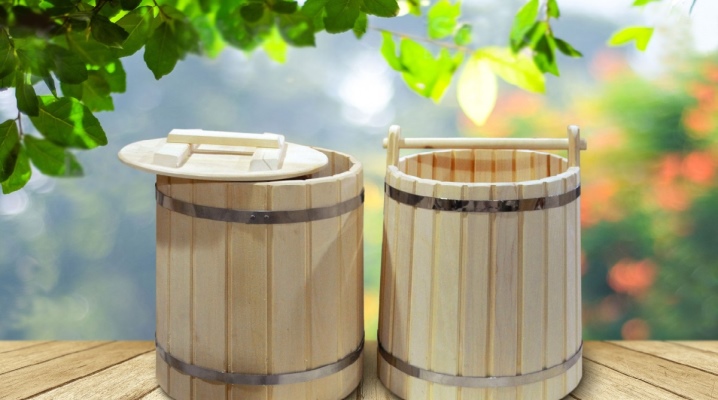
Wooden tubs have found use in households: they ferment cabbage, moisten watermelons with apples and pickle tomatoes. Containers made of natural wood are indispensable for temporary storage of cereals, sugar, fruits, vegetables, as well as kvass and jam.
Unlike containers made of plastic, tin and glass, products in such a tub retain their freshness for a long time and, in addition, acquire a delicate pleasant taste and aroma.
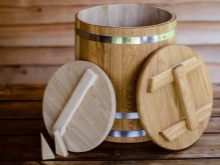
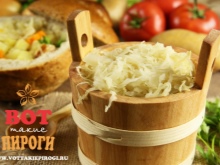
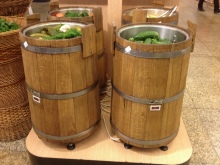
What it is?
The tub is a wooden container in the form of a truncated cone. In this case, the diameter of the lower part is slightly larger than the diameter of the upper part. The walls are even, the expansion characteristic of barrels is absent in the middle part. The container is stored vertically; it cannot be placed on its side. Can have a lid with one or two handles. Rivets for tubs are fastened with a hoop.
The main advantages of wooden containers.
- 100% environmentally friendly - natural wood does not contain toxic substances that can impair the quality of products.
- Most of the tree species from which masonry is made contains natural antiseptics, as well as fragrances. This prevents the reproduction of pathogenic microflora, and in addition, gives the pickles a spicy aroma and taste.
- High storage capacity with a relatively small volume.
- With proper care, such a container can last up to 30-40 years.
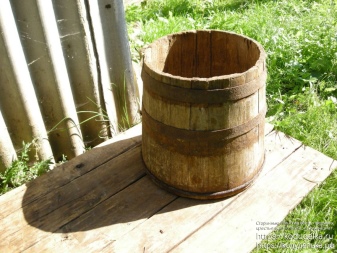
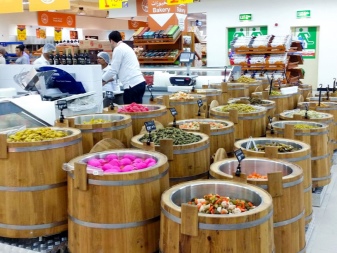
Disadvantages:
- wood is a natural material, so it must be regularly treated with special impregnations;
- the price of natural wood is much higher than that of glass and plastic.
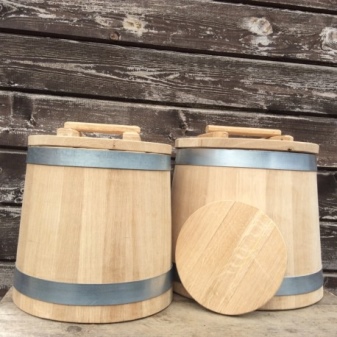
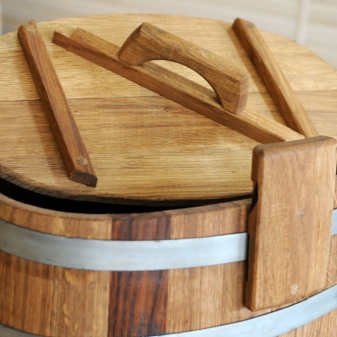
Views
The features of the tubs largely depend on the materials from which they were collected.
- Oak. They have a pronounced antimicrobial effect, prevent the appearance of fungus and mold. Optimal for pickling cucumbers and tomatoes, they can be used to harvest meat, as well as lard and fish. However, light vegetables often darken in them.
- Linden. Such a container has a light floral smell, which is why apples are often soaked in it, cabbage is salted, sweet fruits are stored. You can store honey in linden tubs, which in such dishes only improves its taste characteristics.
- Cedar. They have pronounced antimicrobial properties. Pickles in such a container are stored for a very long time, since antimicrobial substances secreted by cedar wood inhibit bacterial activity. However, it is very difficult to find such a container on free sale, most often it is made to order.
- Aspen. The material has neutral organoleptic characteristics. Aspen wood contains a large amount of natural preservatives, so vegetables retain their natural taste and smell for a long time. Aspen is considered the best option for cabbage. It is known that in the past, housewives, forced to use tubs from other types of wood, often put an aspen log inside the container - then the cabbage turned out to be more juicy and elastic. Aspen wood is easily soaked; as a result, rivets create a single structure, so that the seams between them are almost invisible.
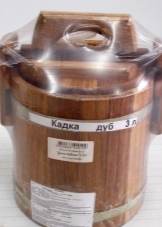
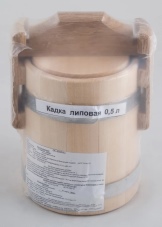
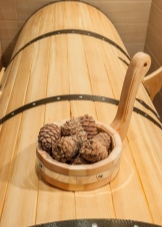
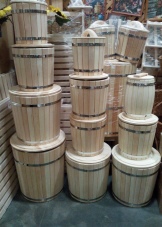
Appointment
Tubs are widely used in everyday life and households. Some have found use for food storage and cooking. Others are for bathing, and still others are for growing flowers.
Depending on the functional purpose, there are several types of shells.
- The gang. This is a large container with two handles, it is used for storing water.Wood retains heat for a long time, so the level of heating of the liquid in the tub is maintained stably.
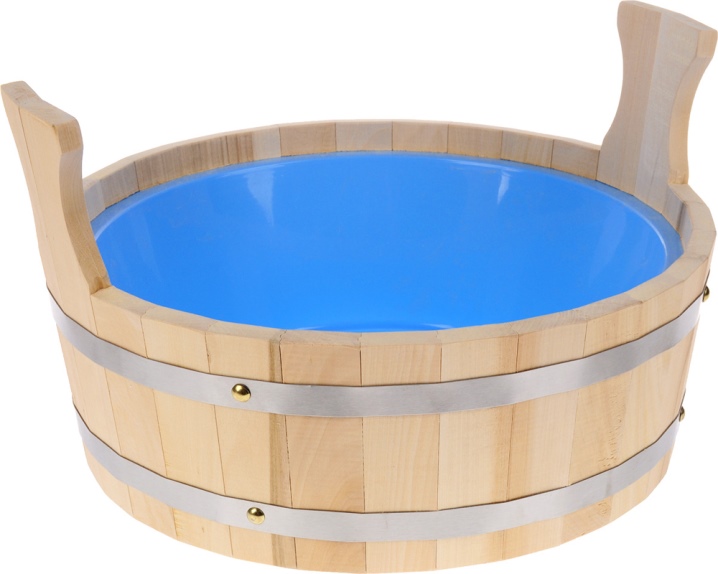
- Jug. The container is narrowed at the top. It can have a tap, it is used for storing draft kvass and alcoholic beverages.
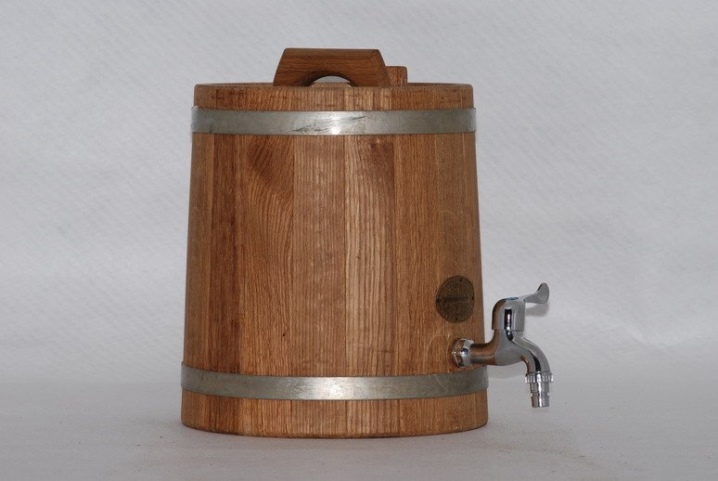
- Tub. Compact tub with one handle, designed for 3-5 liters. It is traditionally used in saunas and washrooms for collecting water.
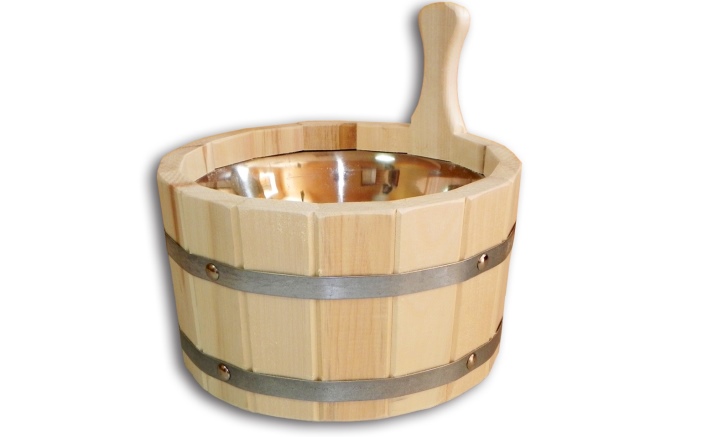
- Pickles tub. Such a container has a lid-oppression, from above the container narrows. The model is useful for soaking watermelons, apples, pickling cabbage and cucumbers. These tubs can also be used for kneading dough.
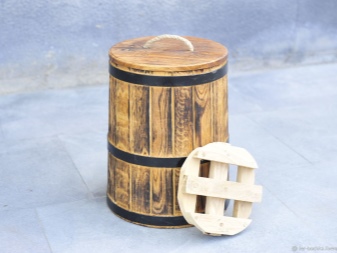
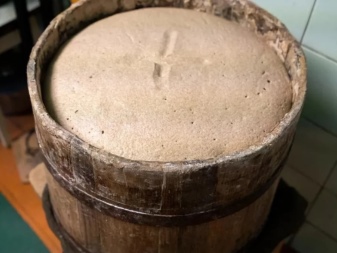
- Tub for plants. Such a container is used as a pot for growing indoor plants or pots. In recent years, it has become fashionable to grow roses and even water lilies in tubs. Requires mandatory insulation of the bottom or pallet.
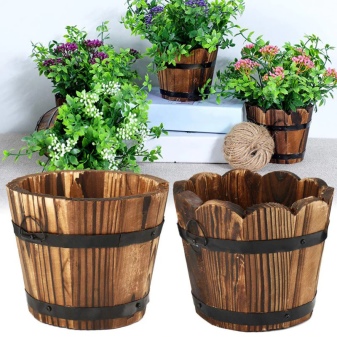
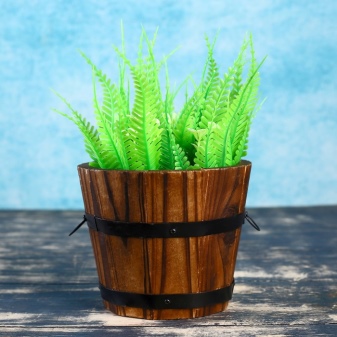
How to make wood with your own hands?
If you are going to make a tub, then the wood that you will use should be dried for 3-6 months.
Moreover, this process should take place in natural conditions - exposure to ultraviolet rays and wind will make the material denser and more durable.
And now let's go directly to work.
- To begin with, splitting is carried out. To do this, small notches are made at the ends of the workpiece, the ax is pressed against them with a point and, with a light tap, the wooden block is carefully split.
- After that, the rivets are trimmed to give them the optimal shape, which directly depends on the configuration of the future product. The most commonly used rivets are rectangular or square.
- Next, you should prepare the hoops - they are placed on top, bottom, and also in the middle of the tub. They are made of stainless steel - this is a practical material, it does not rust when in contact with water and air.
- Before proceeding to the assembly, the pads are steamed. This makes the wood pliable and greatly facilitates further work.

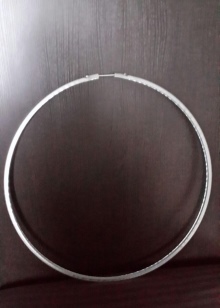
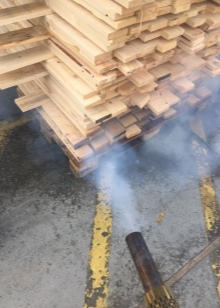
The assembly itself includes several steps.
- The hoop is placed vertically, rivets are inserted and their ends are fixed with clamps. First, three rivets are fixed, and then all the remaining ones are carefully attached to them. If the preliminary calculations and drawings were made correctly, then the rivets will stand up like a glove. Then the middle and bottom hoops are pulled together.
- After the frame is assembled, the bottom of the tub is made out. Traditionally, round blanks are used for this, the boards are overlapped and fastened with metal staples. To insert the bottom, loosen the bottom hoop, insert the bottom, and then tighten it again.
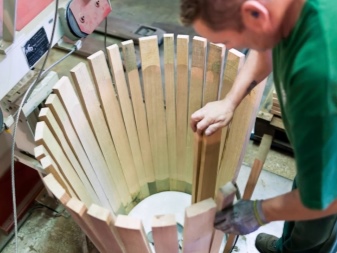
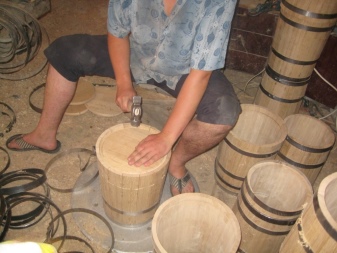
The wooden tub is ready, for further use it needs to be hardened.
The most effective and simple method is firing - it was this technique that our distant ancestors resorted to, and despite the development of modern technologies, the method remains widespread in our time.
- For firing, the tub is placed on its side and stuffed with sawdust - it is best to use shavings of fruit trees, for example, apple or apricot. The sawdust is carefully set on fire, and the container is quickly rolled. As a result, the entire inner surface is processed evenly.
- Important: the shavings should smolder, but not burn. An open fire inside a wooden container can cause a fire. It is strictly forbidden to use special means for ignition - they contain chemical components that are absorbed into the structure of the wood fibers.
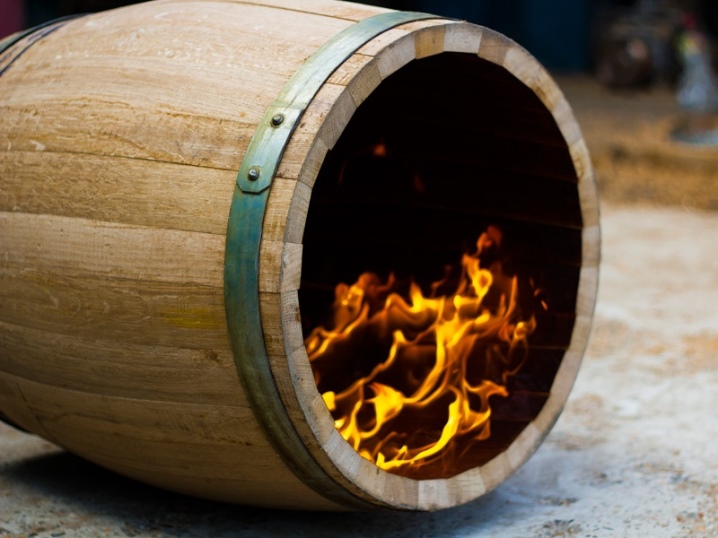
If you plan to use the barrel for storing food, then the roasting will not work. In this case, it is advisable to use wax impregnations.
After quenching, the tub is checked for tightness. For this, it is filled with water. In the first minutes, the product may leak - do not be afraid of this, this is an absolutely normal phenomenon. Over time, the wood will swell and flow will stop completely. A similar check takes 1.5-2 hours.If, after this time, the container continues to flow, then the rivets are not tight enough. In this case, it is necessary to find all the cracks and seal them. Experienced craftsmen use reeds for these purposes: they are carefully inserted into the cracks and rammed with any sharp tool.
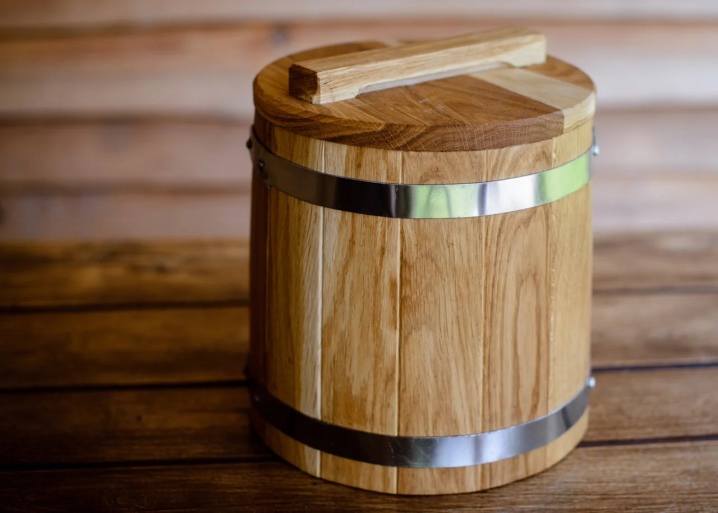
Watch a video on how to make a tub with your own hands.




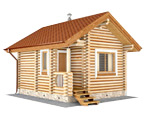
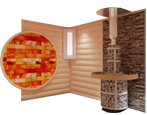
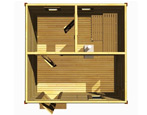
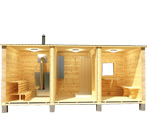
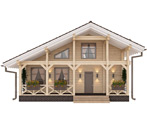
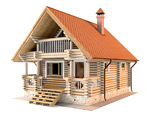

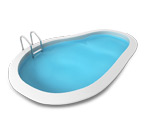
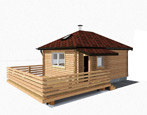
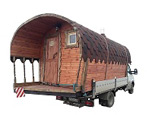
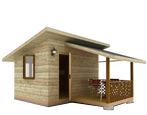

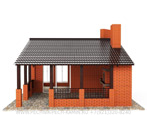
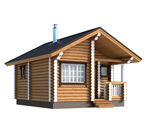
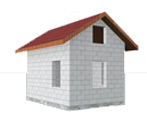
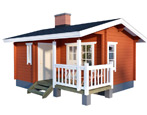
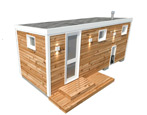
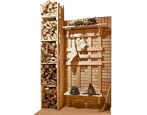
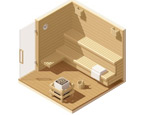

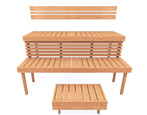

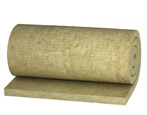
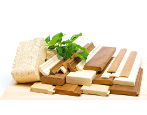
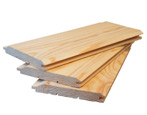
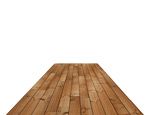
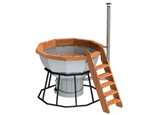
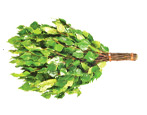
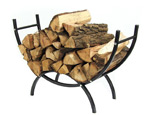
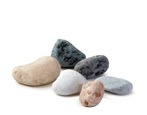
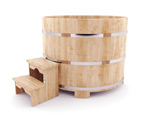
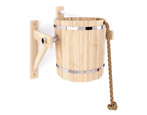
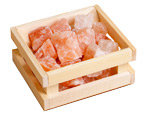
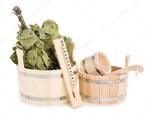
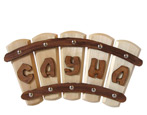
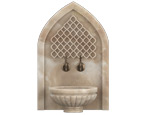
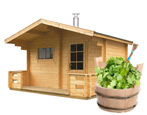
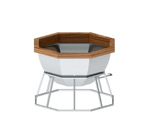
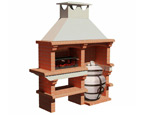
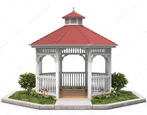



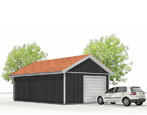
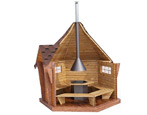

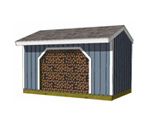
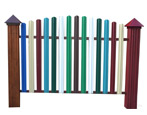
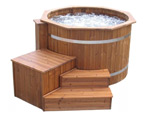
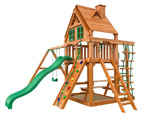
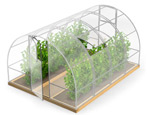
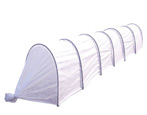
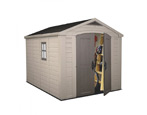








































The comment was sent successfully.